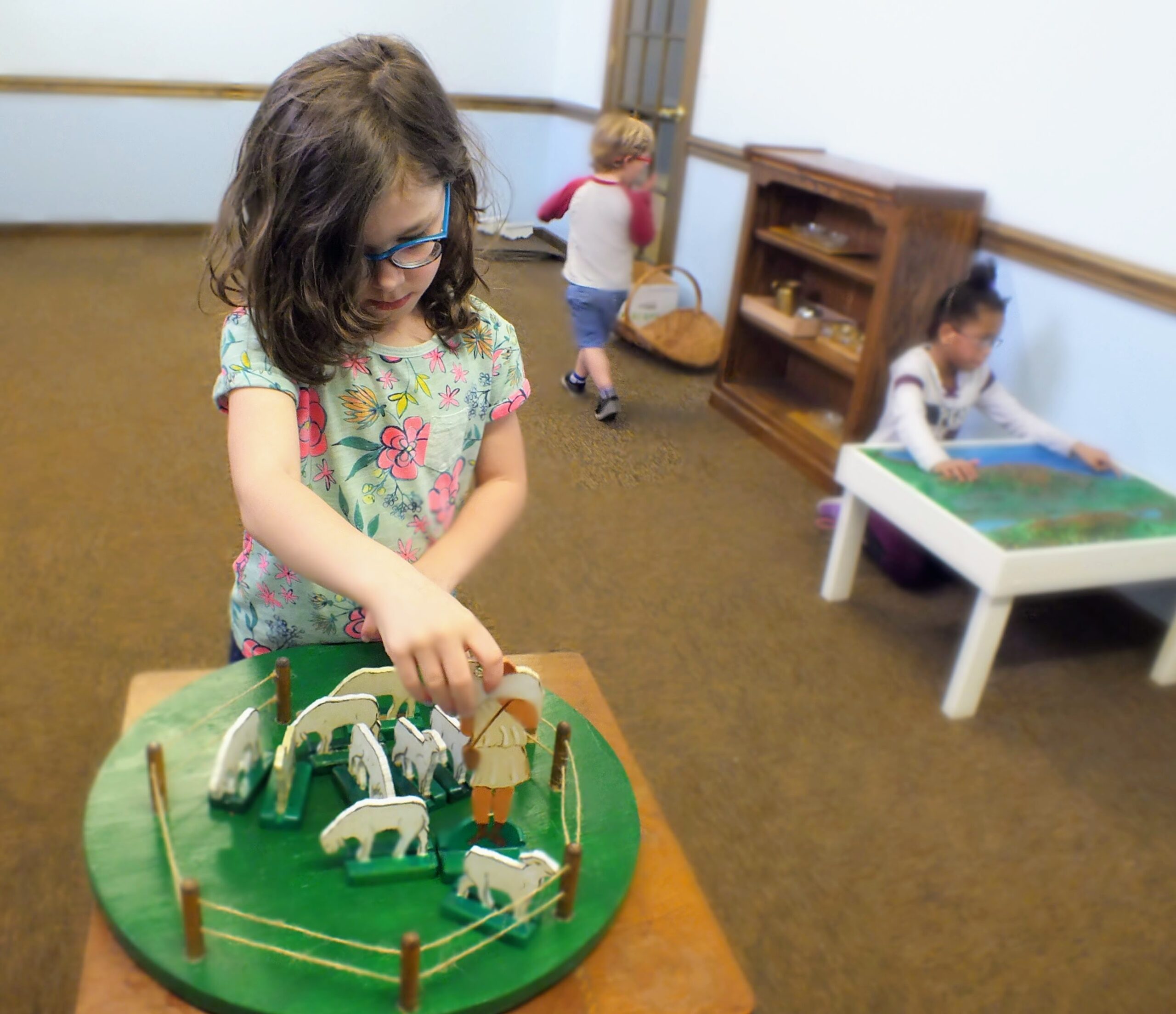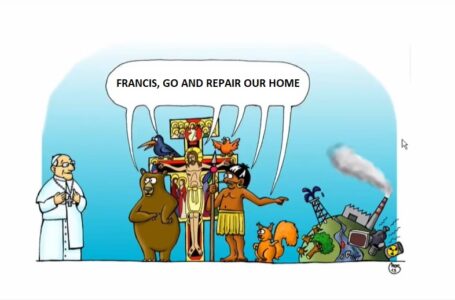“Born to Play” – Gaming and Religion

Photo: Startup Stock Photos
This article is about gaming and religion. It explains how different generations look at gaming and proposes gaming as a Catechetical language.
Cultural theorist Johan Huizinga argues that, as Homo ludens, we are born to play. During gameplay, gamers are invited to embrace the game’s world once they have crossed the membrane of the videogame. In this digital space, they are met with dreams and fantasy, where they can escape the mundane while forming virtual characters. Consequently, within the game’s alter-reality, everything is in some way transformative. It is in this transformative space that we are to discuss digital gaming and its effects.
Gen Z and gaming
My current area of research is Gen Z’s engagement with gaming. Thus, I will be focusing my reflection on this generation. These are young adults or children born after 1997. This generation has been introduced to digital gaming from an early stage; for learning purposes, or to keep them busy or entertained.
When speaking about generations, one needs to keep in mind that generations are different. Thus, some conclusion which is valid for one generation cannot be re-used on other generations. One such observation is that while Millennials (born between 1981 and 1996) play to compete, the Zeres (born between 1997-2010) game to socialise. Suffice to note how Fortnite took this generation by surprise. Rather than acting as a game, it presents itself as a new social network. The main aim of this game is socialising rather than winning.
One may be tempted to view Gen Z as a very lonely generation. They tend to play alone on their handheld devices. However, echoing Gen Z’s researcher Alex Strauss, I believe that “socialisation has evolved“. In fact, Alycia Puza concludes that gamers feel closer to their friends than non-gamers.
Moreover, according to the Whistle Research Centre, 68% of those surveyed see ‘gaming as an essential part of their identity’. We might read this as a mere statistical fact and fail to realise that such a statement has shifted the discourse from what they do to who they are.
Failure to take gaming seriously is a huge mistake
Let us use Fortnite’s phenomenon to discuss the existential power of gaming. According to the American: National Research Group, Fortnite managed to help the player feel part of a community with a marginal difference of 47% in comparison to social networks. The same research shows that 48% of the sample act on their feelings which they cannot act upon in real-life. 28% of gamers also note an increase in their self-confidence when playing the game. The latter, I hypothetically believe, is because of what is known as the Proteus Effect. This refers to the tendency to be emotionally affected by one’s digital representations, such as avatars and social networking personas.
Digital-theologian Rachel Wagner’s remarks that the digital-space is a platform where the self is continuously being constructed. Considering this remark, I would like to highlight two different avenues for when gaming can be essentially evangelical. (i) Engaging Christian games as part of the catechetical journey. (ii) To discuss game-theology during youth formation.
-
Engaging Christian Games
It may be easy to pepper our catechesis with a closely related game. However, this is not what I’m understanding by engaging Christian games. Hence, the catechist needs to engage in careful theological exploration prior to introducing Christian games; often they might espouse non-Christian theologies. By way of example, in an unpublished research, I looked at the trailers of Christian videogames. For my sample, I looked at the then most recent games listed on Wikipedia under ‘Christian video games.’ Out of the 4 games, none showed true Christian values. In fact, the theme of violence appeared in two and alluded to in a third. None of the four games allude to the Resurrection, a central tenant in our faith.
Through gaming, and possibly also through Virtual and Augment Reality we can invite our youths, to engage their imaginative faculties. This practice is akin to Ignatian Spirituality. It may offer a mediated-encounter with Christ. One can also be more creative and develop a discipleship experience where the youth embarks on a discipleship journey while being mentored by the catechist. The way the script is narrated and how it is actually played can take the form of being called, akin to one’s own vocation. In this way, gamers can witness key Gospel episodes and become onlooker-participants. Hence, the pupil doesn’t merely learn about Jesus but experiences Him.
-
Discussing games
Wagner speaks of transmedia storytelling as world-building. He argues that religion and transmedia have a lot in common. Thus, even secular games function like religion; they fascinate us with rule-based environments outside our daily lives.
In response to this generation’s need, we are to fluidise our catechesis and acknowledge Gen-Z’s fascination with the coded, screened, and mediated. In a media ecology manner, the youth minister is invited to engage the group so that they can tease out theological themes from popular games and discuss them.
Gaming in COVID times
In conclusion, let us speak of how COVID has affected us. According to Nielsen data, gaming has seen a massive growth of 82%, across all age groups. Health experts are applauding such growth. Gaming can function as a beneficial stress buster, especially given their endorphins kick. Moreover, we are also witnessing the increase in ‘gamified education’. Games can be a valuable teaching tool to impart skills such as creative thinking, problem solving and collaboration.
As is evident, the gaming scene is ever changing. Similarly, the Church’s vocation is to reform its catechetical ministry as the needs arise. Hence, in this culture of flux, where is the Spirit leading us to explore? Our first reaction as carers would be to see the addiction to gaming as a problem to be tackled. In contrast, the foregoing journey attempted to present a positive facet to gaming. Gen Z’s are begging us to reflect on our discipleship programs; to place gaming as a central tenet of our endeavours in dialoguing with them.
Gaming and religion
Read more:
– What is Artificial Intelligence? Myths, Robots, Ethics
– Astronomy and Faith














